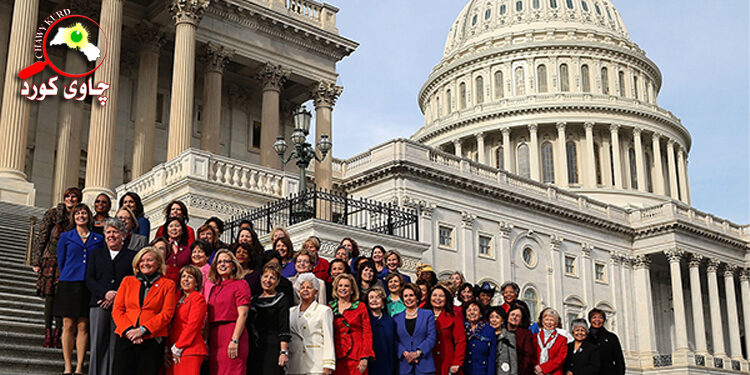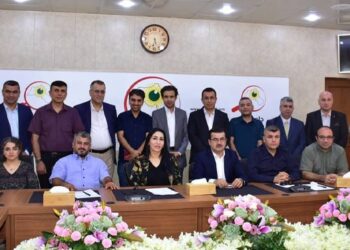Women’s political participation, effective factors, new challenges
Development is a public process that has advanced in many dimensions such as economy, social, political and cultural. Political development has emerged more loads than ideological and national concepts. One of the political development dimensions is political participation. Regards to this point, men cannot effectively defend women’s interests. Therefore, women’s participation in all political activities is necessary in a way that we can say if women are considered as a minority in political arena, democracy is incomplete.
Women’s political participation does not mean participating in elections and voting, but rather it means women have a decisive role in all democratic institutions. While some of political and cultural duties are still determined by gender. A number of equal mechanisms regulate women’s participation in political, economic and scientific life.
Women’s political participation
It can be said that among significant issues met at the end of the twentieth century, which was the suffers for peace, freedom and democracy, the elimination of poverty and inequality, proper and logical use of natural resources, the position of women’s power, is also taken into account. Social, economic and political structures, historical links, ideological principles of social relations affect private identity of women. Two historical and geographical alterations affect women’s political participation. From here we can say that any research on participation must emerge historical and geographical features.
A redefinition of political participation
The purpose of “political participation” means interfering in an organized and public activity that seeks to influence and change characteristics, missions, structure and policies. It tries to remove obstacles and barriers for behalf of effectiveness and to open new channels. The alternative forms of power in a place where access to existing channels has been hindered as “political participation” must to take an account.
The factors affecting women’s political participation
Women’s access to political power must be attained through their readiness in all areas of public life, including economic, social and cultural relations. But it seems that political direction requires more patients for the arrival of women.
Economic independence is necessary for women to withstand social inequality, while economic life provides a new social trend. The difference in socialization between the two genders, which results in differences in behavior, for example, women’s fear of speaking at meetings and public meetings, lack of self-confidence and fear of expressing their opinions. Progresses, family hostility, negative images of women engaged in politics, and social control has difficult the participation of women in national and local positions.





























































